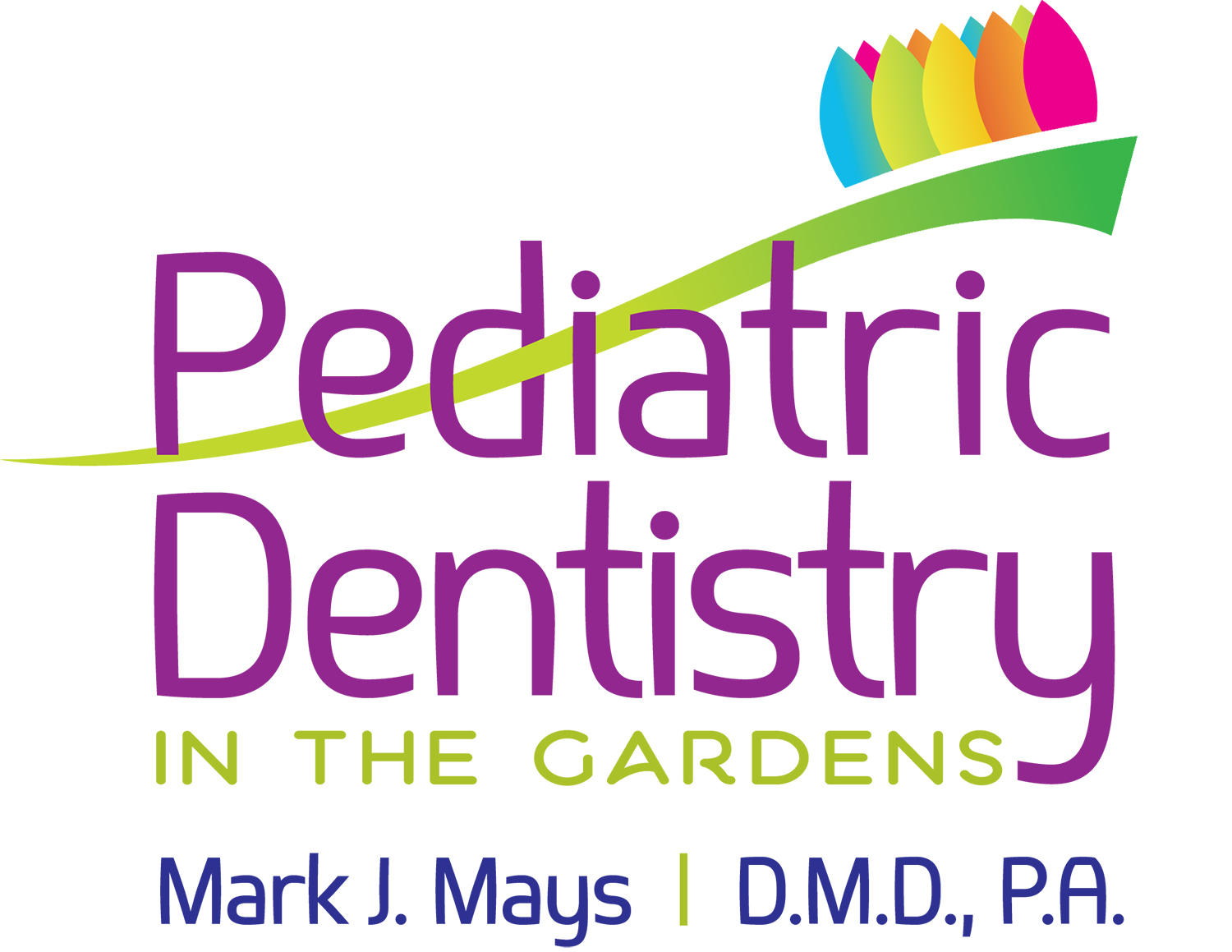FAQ's
When should I bring my child for their first dental check up?
In order to prevent dental problems your child should see a pediatric dentist when the first tooth appears or no later than his or her first birthday.
What is the difference between a pediatric dentist and a family dentist?
Pediatric dentists are the Pediatricians of Dentistry. A Pediatric Dentist has two to three years of specialty training following dental school limiting their practice to treat children only. They are the primary and specialty oral care providers for infants & children thru adolescence, including those with special needs.
Are Baby teeth really that important to my child?
It is important that baby (primary) teeth are kept in place until lost naturally. They not only are important for your child’s ability to eat and speak properly, but are important in saving space for and guiding permanent teeth into their proper position.
When should I start cleaning my child’s teeth?
The Sooner The Better!!!
Starting at birth, clean your child’s gums with a soft infant toothbrush or a soft cloth and water. As soon as teeth begin to erupt (approximately 6 months of age) start brushing twice daily using Fluoridated Toothpaste and a soft, age appropriate sized toothbrush. Use a “Smear” of toothpaste to brush the teeth of a child less than 2 years of age. For the 2-5 year olds, dispense a “pea size” amount of toothpaste and perform and/or assist your child’s tooth brushing. Remember that young children do not have the ability to brush their teeth effectively.
How do I know if my child is getting enough Fluoride?
Have your Pediatric Dentist discuss with you the fluoride level in your child’s primary source of drinking water. If your child is not getting enough fluoride internally through water, the dentist may recommend some form of fluoride supplement with a prescription. Remember it is essential that your child at any age does not swallow fluoridated tooth paste as excess fluoride intake may cause permanent discoloration or staining of the teeth (Fluorosis).
How can I prevent decay from nursing or the baby bottle (Early childhood caries/ECC)?
One serious form of decay among young children is due to frequent and long exposures of an infant’s teeth to liquids that contain sugar. Among these liquids are milk (including breast milk), formula, fruit juices, sports drinks and other sweetened drinks. Putting a baby to bed for a nap or at night with a bottle other than water can cause serious and rapid decay. After each feeding wipe the baby’s gums and teeth with a damp washcloth or gauze pad to remove plaque. Sippy cups should be only a training tool to go from bottle to cup and discontinued by first birthday.
Are thumb sucking and pacifier habits harmful to my child’s teeth?
Sucking is a natural reflex and infants and young children may use thumbs, fingers, pacifiers and other objects on which to suck. Most children stop thumb sucking between the ages of two and four. Certainly they should stop by the time permanent teeth begin to erupt (5-6 years old). Your pediatric dentist can suggest methods to eliminate the habits. Pacifiers can affect the teeth detrimentally the same as a thumb or finger, however it is obviously easier to control the pacifier. If necessary there are dental appliances that are available to stop certain habits.
Are x-rays only used to check for cavities?
The answer is No! X-ray films are also used to survey erupting teeth, diagnose bone disease, evaluate any injury to the teeth and jaws, or plan orthodontic treatment.
Should I be concerned with my child’s grinding (Bruxism) teeth at night?
The majority of cases of pediatric bruxism do not require treatment. There are several possible causes of grinding ranging from stresses caused by moving, divorce, new schools or even a new baby! Most children will outgrow the habit decreasing between the ages of 6-9 and ceasing between 9-12. If excessive wear is noted a mouth guard may be indicated, however this is rare. Discuss this with your pediatric dentist.
How do I make my child’s diet safe for their teeth?
First, be sure they have a balanced diet of the Five major food groups. Foods with sugars or starches should be watched carefully, such as crackers, pretzels, chips or pasta’s. Remember, look beyond the sugar bowl or candy dish in areas such as fruits, a few veggies and milk products that have sugars as well. If a child must snack, try certain veggies, low fat yogurt or low fat cheese will do.
Are sports mouth guards important?
When a child starts to participate in recreational activities and organized sports, injuries can occur. A properly custom fitted mouth guard by your pediatric dentist not only protects your child’s teeth, lips, tongue, face or jaws but is crucial in minimizing possible injuries to the head such as concussion.
What should I do if my child knocks out a primary (baby) or permanent tooth?
If it is a baby tooth call your pediatric dentist as soon as possible but in most cases there is no treatment required. Make an attempt to find the tooth as the office may wish to examine your child and the tooth. The tooth should not be placed back into the socket.
In the case of a permanent tooth the first thing to do is to stay calm. Find the tooth and rinse it in cool water handling it by the crown (Be careful not to drop it down the drain of sink). Do not scrub root or clean it with soap! If possible replace the tooth in the socket immediately holding it in there with gauze or a washcloth. If you are not able to put the tooth back in the socket, place the tooth in a container of cold milk if available or water. Get to the pediatric dental office immediately. The faster you act, the better the prognosis of saving the tooth.

